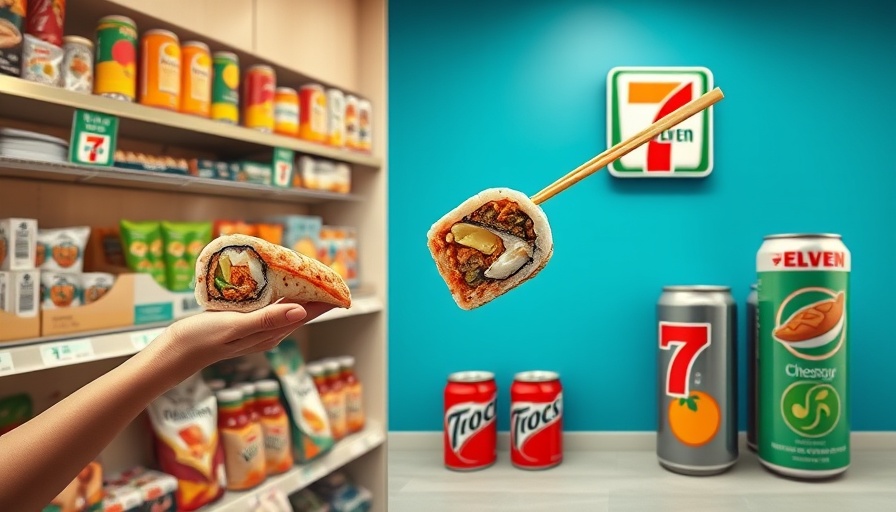
Global Brands on the Move: What 7-Eleven and Liquid Death Teach Us
Global expansion can be a daunting challenge, as demonstrated by two contrasting tales: 7-Eleven's runaway success in Japan and Liquid Death's disappointing exit from the UK market.
Understanding Market Dynamics: Misalignment Matters
The story of Liquid Death highlights the importance of aligning product offerings with local expectations. In the UK, a country renowned for its high-quality tap water, the appeal of bottled water diminishes significantly. Rather than providing an attractive alternative, Liquid Death struggled to convince British consumers of the necessity for their product, especially given the easy availability of free tap water.
Why Marketing Needs Local Flavor
Despite Liquid Death's impressive social media campaigns, the brand’s marketing strategy did not translate effectively into the UK's retail landscape. British consumers typically purchase water where they shop for their groceries, making an online sales approach less effective. Feedback from behavioral scientists emphasizes this nuance: marketing strategies need to resonate with consumer habits in each locale.
7-Eleven’s Japanese Triumph: Adaptation at Its Best
In stark contrast, 7-Eleven has flourished in Japan by adapting its business model to local preferences. With more stores and better profit margins than in the U.S., the brand capitalized on the demand for convenience by offering products that align with Japanese consumers' tastes and shopping habits. Their success underscores the significance of cultural adaptation as a strategy for global expansion.
Key Takeaways: Lessons for Future Entrepreneurs
Phil Agnew, a behavioral science expert, concludes that the path to successful global expansion hinges on understanding the local market dynamics, ensuring product-market fit, and crafting marketing strategies that resonate with consumers. It is no longer sufficient to rely on the success of domestic models; businesses must respect and adapt to the unique rhythms of international markets.
For entrepreneurs and businesses eyeing global avenues, these insights mark critical navigational points. As you prepare to take your brand abroad, remember: success demands more than good marketing; it requires compatibility with local culture.
 Add Row
Add Row  Add Element
Add Element 


 Add Row
Add Row  Add
Add 

Write A Comment